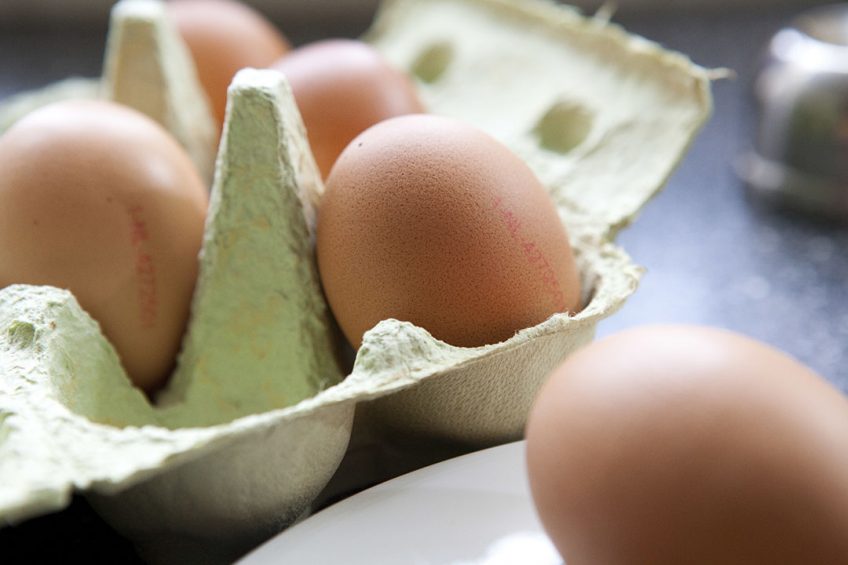Increasing concerns in egg and meat sector over no-deal Brexit

Threats of a no-deal Brexit, led by new UK Prime Minister Boris Johnson, is creating sense of panic in the UK meat industry.
While the message that the UK is serious about leaving without a deal has yet to convince EU politicians, it has worried continental retail buyers who are refusing to agree long term supply contracts with UK meat exporters.
The British Meat Processors Association warned that if this continued, we could be witnessing the start of a structural and long-term decline in the UK’s farming capacity.
It said that European buyers considering purchasing British meat were now being confronted with multiple risk which they were not prepared to take.
“Chief among them is the possibility that they may well be saddled with tariffs as high as 65% on certain imports that are due for delivery after 31 October. Committing to any order or supply contracts that extend after the Brexit date therefore makes no sense whatsoever to our customers in Europe and, indeed, in the rest of the world.
“Insurers that cover these consignments and facilitate the movement of goods between countries are refusing to indemnify against losses related to a non-deal Brexit. Couple that with a volatile exchange rate, mooted border delays and complete uncertainty surrounding whether Brexit will even happen on 31 October means the obvious solution for EU buyers is to source product from elsewhere.”
Egg industry
Meanwhile, the UK egg industry is saying that tariffs are a “must-have” for the sector, as it is at risk of being undercut by low-cost producers from around the world.
Phill Crawley, NFU Poultry Board vice chair, said it was important to restrict imports of lower quality eggs to protect domestic producers.
“The egg sector is important: industry data revealed that we eat over 13 billion eggs every year in the UK and consumption is growing. Around 87% of these eggs are produced here in the UK – the majority of these are shell eggs, but processed eggs for food service and manufacturing make up 21% of the market.
“If the UK Government moves to a much more trade liberal approach and decided to unilaterally remove tariffs on egg imports – as it announced would be the case in the event of us crashing out of the EU without a deal – the make-up of our industry could look very different with imports of cheaper, lower standard egg products making their way on to shelves and into food products.”
Mr Crawley said he was particularly concerned about the liquid egg market as it was a tradeable product that did not benefit from the same extent of retailer commitment to buy British as shell eggs. Around 50% of egg imports coming from the EU into the UK are in dried or liquid egg form.
“Should the removal of tariffs mean that these products come in from outside the EU, then we cannot guarantee that these imports would have been produced to the same standards our consumers expect. It is also reasonable to assume that EU product, produced to the same standards as UK, would be pushed out paving the way for greater volumes of imports from non-EU countries.”
Welfare
Meanwhile, the RSPCA has warned talk of farm deregulation – which could take place in a no-deal Brexit scenario – would mean welfare standards for UK farm animals would fall.
David Bowles, RSPCA Head of Public Affairs, said chlorinated chicken and hormone-fed beef were now much closer to becoming a terrifying reality.
Mr Bowles said it was time for the Government to plan for long-term sustainability for the farming industry rather than short term help: “This means maintaining and strengthening regulation, ensuring the viability of high welfare schemes and building consumer demand by extending method of production labelling from not just eggs but to other animal products too.”












